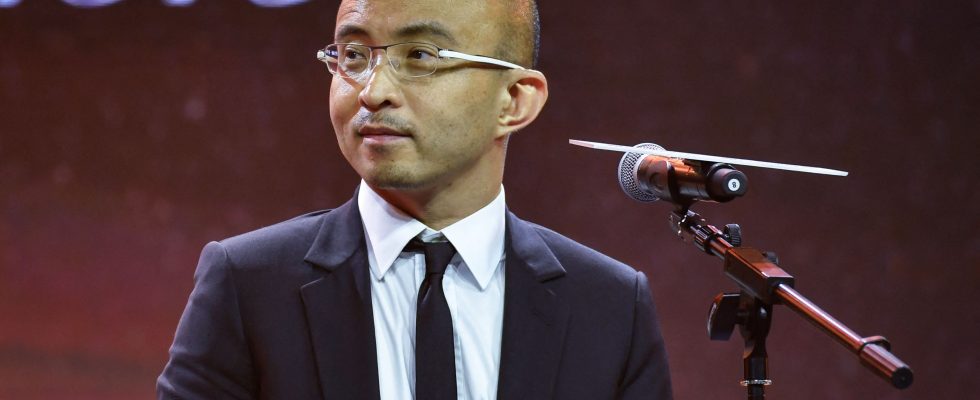It is an announcement that leaves little doubt as to the fate ultimately reserved for him by Beijing. Nearly a year after his sudden disappearance, which once again demonstrated the tightening of repression in China, Chinese business magnate Bao Fan “resigned” from the investment bank China Renaissance, the company announced this Friday February 2.
A pioneering investor who became a “kingmaker”, specializing in new technologies, Bao Fan founded the investment bank China Renaissance in 2004. At the head of the latter, which has more than 700 employees around the world, including in Singapore and in the United States, Bao Fan has gradually become essential in Chinese finance and tech. It was he who oversaw the IPO of several digital giants including the local e-commerce specialist JD. com, the Chinese equivalent of Uber, Didi, or the microblogging application Weibo.
A supporter of the need for a certain degree of free trade and moderate state intervention in the economy, he was ultimately a new victim of the tightening of Chinese power towards certain billionaires who had become too influential. An investigation for corruption later, a sudden disappearance, and here is Bao Fan ejected like many others before (and after) him, like the founder of Alibaba Jack Ma or even recently the CEO of DouYu Chen Shaojie.
“Health reasons”
In a press release published Friday on the Hong Kong Stock Exchange where it is listed, China Renaissance explains that the 53-year-old businessman “resigned” from his functions, including those of president and general manager of the company. The group puts forward “health reasons” and the desire to “dedicate more time to family matters” to justify this decision.
But it gives no details on Bao Fan’s personal situation, in particular on the investigation targeting him, and provides no proof of the freedom or even the life of the Chinese entrepreneur. “Mr. Bao confirmed that he had no disagreements with the board of directors and that there were no other matters relating to his resignation that should be brought to the attention of the company’s shareholders.” , adds the company.
After Bao Fan’s disappearance in February 2023, China Renaissance had already claimed to be unable to contact him and then indicated that its leader was “cooperating” with the authorities in an investigation, without specifying the reasons. No information has since filtered out on his fate, even if the opening of an investigation for “corruption” in China already almost sounds the death knell.
A tightening of the Beijing regime
The disappearance of Bao Fan was reminiscent of that of the Canadian tycoon of Chinese origin, Xiao Jianhua, who vanished in 2017 from a hotel in Hong Kong. Known to be close to senior Chinese communist leaders, according to press reports, he was kidnapped by Beijing agents. Xiao Jianhua was at the time of his arrest one of the richest men in China, with a fortune estimated at $6 billion, and was sentenced in 2022 to 13 years in prison for fraud. Also this Friday, another Chinese business magnate, Wang Yilin, former boss of a major Chinese oil group, is now the subject of an investigation for suspicion of “serious violations of discipline and law,” announced the Chinese Communist Party’s anti-corruption agency.
The proliferation of this type of procedure in recent weeks testifies to a severe hardening of Beijing’s repression against anyone who strays a little too far from the line of President Xi Jinping. Finance, sport, army, Communist Party: all sectors are concerned, while the Chinese Parliament also approved in December tougher penalties for cases of corruption.
